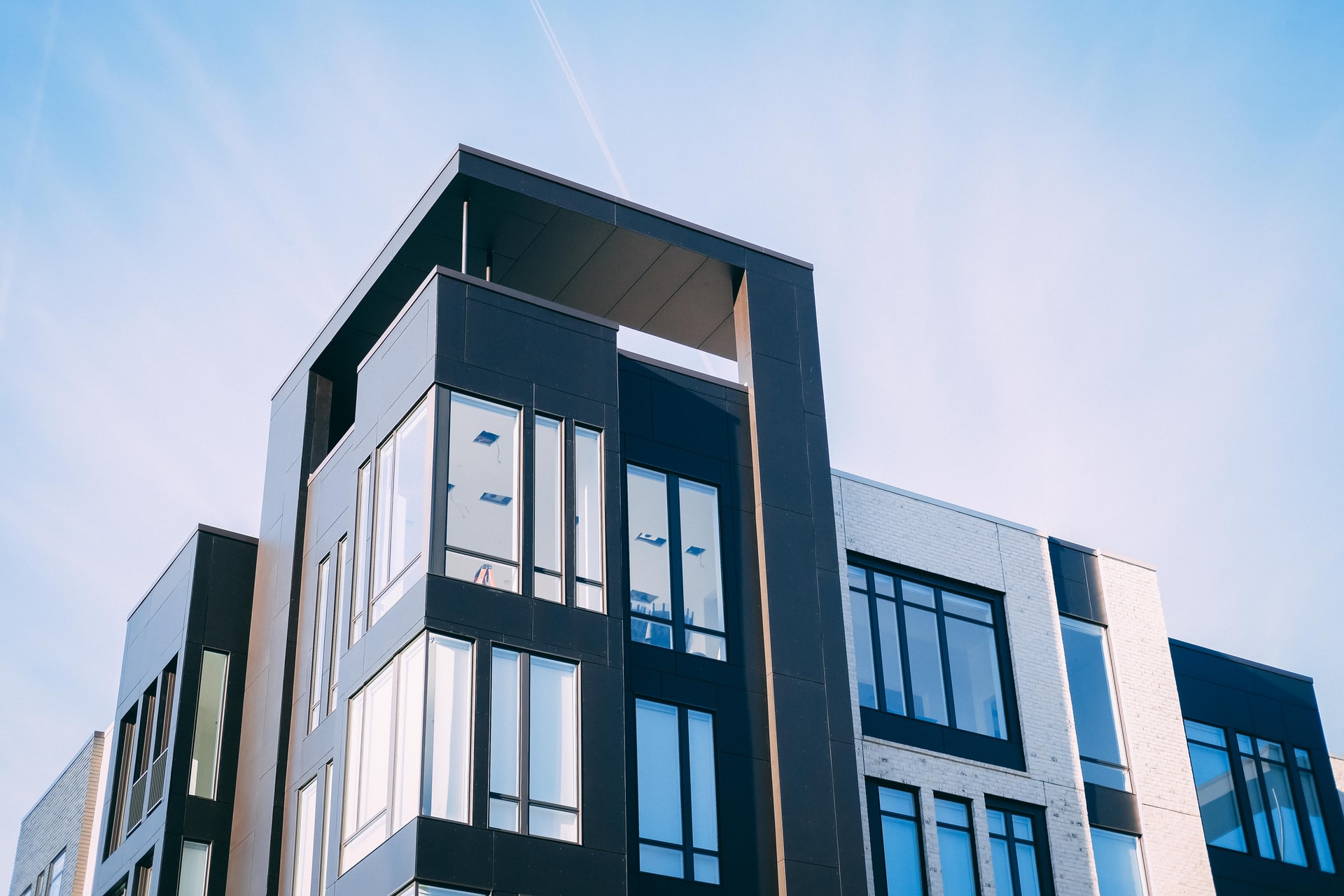
We are reader-supported. When you buy through links on our site, we may earn an affiliate commission.
When you go to buy a property, there are few different options to choose from. You can buy a house, an apartment, or a condo. Many people use the words “condo” and “apartment” interchangeably. However, there is a slight difference between the two. Here are some of the main differences between a condo vs. an apartment.
1. Ownership
An apartment is a unit that is part of a larger residential building. A single corporation usually owns it. Condos are similar in structure. However, they are owned by an individual and managed by the homeowners association (HOA). So, condo owners can build up equity.
One of the main differences between the two is that you rent an apartment, but you own a condo. This means you pay taxes for your condo, but your landlord pays taxes on your apartment.
2. Types of Amenities
Condos vs. apartments may come with different amenities. In condos, you can see more updated features, such as stainless steel appliances. They may also have a unique paint color or kitchen backsplash. The previous owner added these personal touches. They wanted to keep it updated to increase the value of their property.
You may also find other luxury amenities, such as a fitness center or outdoor pool. Here are some of the top amenities condo owners value:
- Pet-friendly amenities
- Garages
- Assigned parking spaces
- Shared laundry room
- Dishwasher in the unit
Most apartment units are identical in style. Since you rent out the space, you can’t add many personal touches, such as custom flooring or paint. Apartments also offer some basic amenities such as laundry services.
3. The Cost of Renting
The main difference between paying for a condo vs. an apartment is what the rent covers. For a condo, you pay monthly HOA fees. The residents in the community elect an HOA representative. The HOA maintains the property and handles the finances.
The fees help to maintain the common areas and the building’s exterior. It also covers amenity fees. You will pay a flat fee for your utilities, such as gas and electricity.
For your apartment, you also pay monthly fees. These fees will cover rent and any included amenities. Non-included utilities, such as gas and internet, are paid separately. You can either make payments through an online system or by writing a check.
4. Maintenance
For a condo, either you or your landlord are responsible for maintaining the unit. It can also be a shared responsibility. This means you may spend money out of pocket to cover certain repair costs, such as a leaky toilet. You can also ask your landlord to call in their maintenance provider for you.
Here are some other repair costs to consider:
- Floors
- Wallpaper or drywall
- Appliances
- Shower
- Tubs
An apartment offers free and 24/7 maintenance. This means you don’t have to cover most repair expenses. If something breaks in your apartment, just put in an online request or call the building’s main office.
5. Rules and Regulations
The HOA will enforce the rules of a condo. They may have a rule about keeping your trash right outside your front door. Residential behavior, architectural changes, or common responsibilities are other categories these bylaws may fall into.
An apartment will have similar guidelines but also restricts the changes you can make to your interior. You might not be able to paint the walls or hang heavy decorations, for example. Before making any changes to your space, check your leasing agreement or speak directly to your property manager.
Here are some tips for decorating your apartment effectively:
- Get written permission from your landlord
- Be thrifty when purchasing decor
- Add accessories, such as curtains or rugs
- Create a color scheme
- Maximize your storage space
Condo vs. Apartment: Which Is Best for You?
When deciding between a condo vs. an apartment, consider these factors.
Benefits and Considerations of a Condo
A condo is better for someone who is eventually looking to buy a property. It is a more affordable option and will help you build up equity.
A condo also requires less maintenance. The condo association usually takes care of the upkeep of the property, so you can spend less time on yard work.
Another benefit is the location of a condo. They are usually close to shopping or recreational hubs. If you want your grocery store to be within walking distance, consider a condo.
While a condo can be a step away from your dream home, it has some drawbacks.
Here are some of the things to keep in mind before buying a condo:
- The monthly dues
- The lack of privacy
- The rules and guidelines
Benefits and Considerations of an Apartment
An apartment is better for someone who wants more flexibility. If you are only staying in the area for a short time, consider an apartment. Apartments also require little maintenance in terms of interior repairs. Many apartments are located close to city centers, offering easy access to restaurants and shops.
Just like with condos, there are some things to consider, such as:
- They may have fewer amenities
- You don’t build financial equity
- You may have noisy neighbors
Key Differences Between a Condo vs. Apartment
When it’s time to get your very own place, you have a few options. If you’re not ready for a house, you have to decide between a condo vs. an apartment. They are similar in structure but differ in ownership and the type of amenities offered. Before purchasing your next home, keep this information in mind.










